Laboratory Reference Ranges are NOT Normals
June 13, 2020 Comments Off on Laboratory Reference Ranges are NOT Normals
When you get a report from a diagnostic laboratory, you will see tests listed in a column on the left, followed by the test results (sometimes with an asterisk or a H = high, L = low mark) and a final column with the reference range. Some even call this a normal range, but it’s not.
Continue reading …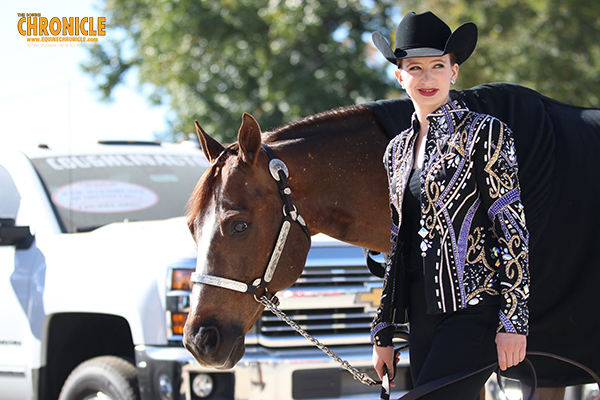
In recent weeks, several figures have been circulated regarding the US horse population. The American Horse Council (AHC) wishes to clarify these statistics to avoid confusion and misunderstanding of the data.
Continue reading …Time To Ride® Helps Rebuild the Grass Roots Horse Industry
June 11, 2020 Comments Off on Time To Ride® Helps Rebuild the Grass Roots Horse Industry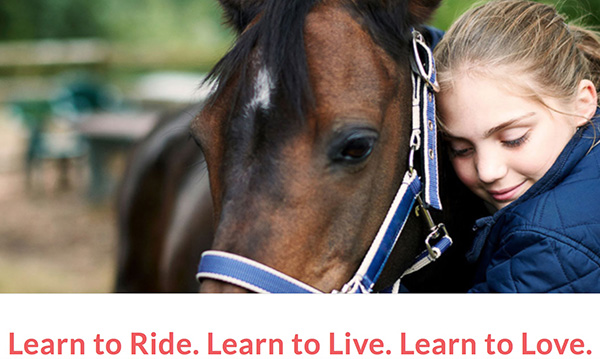
Even with states gradually reopening, most sports activities for kids will take weeks or months to regroup and restart. Team sports are especially impacted, as traditional activities such as baseball, football, soccer and field hockey don’t allow for social distancing. Many summer season activities are already cancelled, and fall sports are questionable.
Continue reading …Research to Focus on Horse and Human Bond with Veterans
June 10, 2020 Comments Off on Research to Focus on Horse and Human Bond with Veterans
The research project, conducted by the Equine Science Center at Rutgers University, will focus on the horse human bond, and how EAAT affects both humans and horses during these types of therapy sessions. “It is important that we are not only able to fund the research that will be conducted, but also cover all costs associated with the veterans who will be volunteering their time for this important cause,” said Center Director Dr. Karyn Malinowski. “This will be the first time research conducted with EAAT will measure the same physiological markers of stress and well-being simultaneously in both the horses and veterans.”
Continue reading …Topline Loss- How Nutrition Can Help
June 2, 2020 Comments Off on Topline Loss- How Nutrition Can Help
A smooth, strong topline is a definitive sign of health. Your horse’s back musculature not only looks good but is important for his ability to support his spine and joints.
Continue reading …Research Shows Vets are Four Times More Likely to Die of Suicide than Gen Pop
May 31, 2020 Comments Off on Research Shows Vets are Four Times More Likely to Die of Suicide than Gen Pop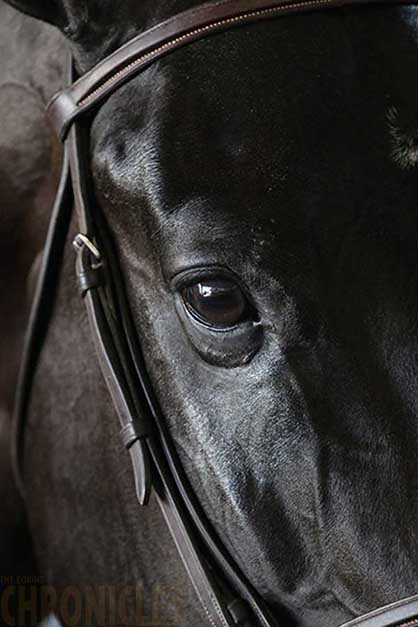
Research shows vets are four times more likely to take their own life than the general public. Long hours, staffing shortages, financial pressures and abuse by clients have all been identified as contributing factors to the crisis.
Continue reading …On the Road Again: Don’t Forget Your Show Horse’s Respiratory Health When Trailering
May 30, 2020 Comments Off on On the Road Again: Don’t Forget Your Show Horse’s Respiratory Health When Trailering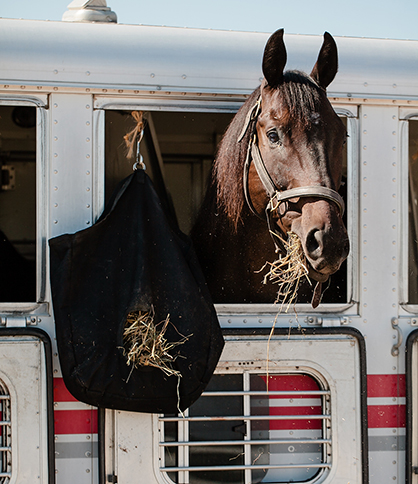
Opening vents and windows is important for ventilation during travel, although that can also disperse breathable bits further within the trailer. (Use a fly mask or other protective gear to guard the horse’s eye and face from anything that might fly in the window, Dr. Burnley notes.) Stopping for rest breaks every four hours is the conventional wisdom for long trips. If a safe place can be found to unload the horses, letting them drink or graze with their heads lowered will help them clear their airways.
Continue reading …Lameness Research and Prevention Tips with Dr. Judith Koenig at OVC
May 29, 2020 Comments Off on Lameness Research and Prevention Tips with Dr. Judith Koenig at OVC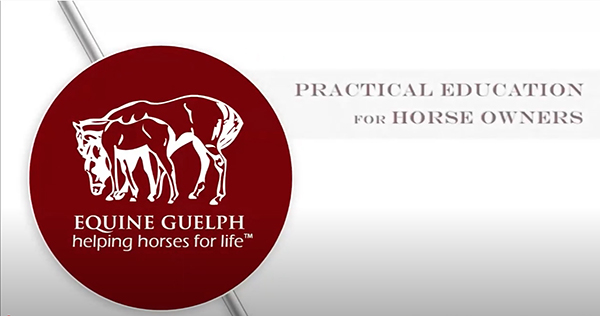
Stimulating stem cells to heal faster through the use of shock wave therapy is part of the exciting new research being conducted at the OVC by Dr. Koenig. They were investigating whether shock wave therapy performed after injecting stem cells into a tendon will result in better quality healing. Then they came up with the idea of pre-treating stem cells with shock wave prior to injection!
Continue reading …NAVC Offers Support to Veterinary Professionals During COVID-19
May 24, 2020 Comments Off on NAVC Offers Support to Veterinary Professionals During COVID-19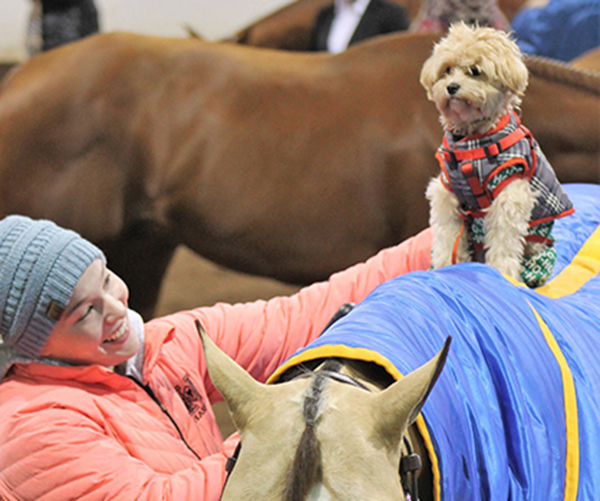
The North American Veterinary Community (NAVC) is expanding its offerings of free services to veterinary professionals during the COVID-19 crisis including free certification training, job postings to fill urgently-needed relief positions and online courses to support mental health and wellbeing.
Continue reading …COVID-19 Schooling Survival Guide- Ranch Riding
May 21, 2020 Comments Off on COVID-19 Schooling Survival Guide- Ranch Riding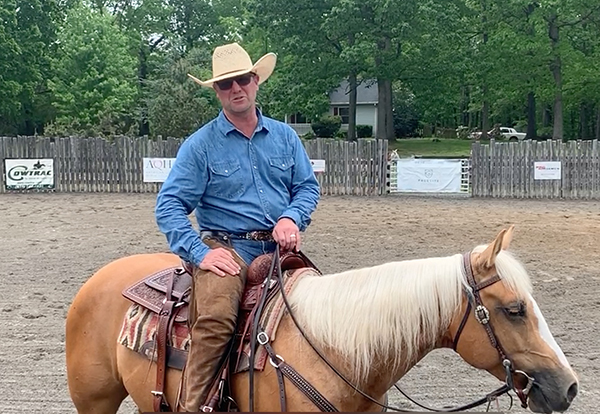
Because these patterns all share the same types of elements, that can provide both an opportunity for riders to practice perfecting their skills, but also a trap for their horses to learn the bad habit of anticipation. One area where this often occurs is the lead change that’s typically located across the center of the arena.
Continue reading …







